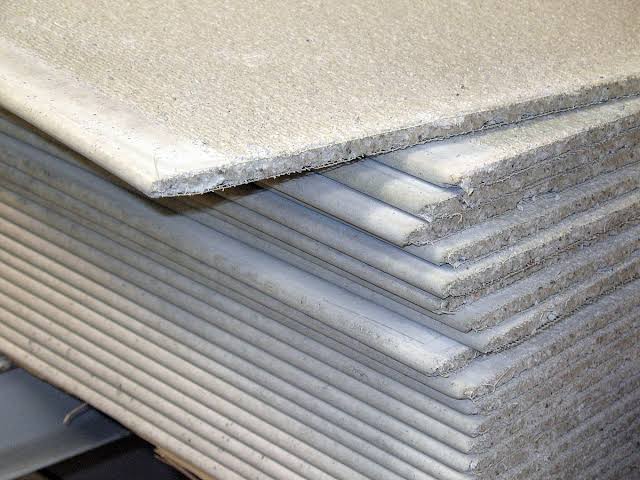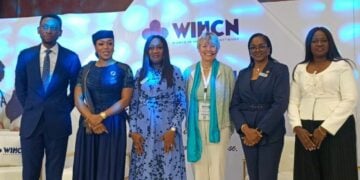The New Material Nigeria Limited, a Chinese company in housing construction and manufacturing of fibre cement board, has so far invested $50 million in Abuja to boost the production of the innovative building material.
The company is part of the Sinoma/CNBM group, a 500 company with headquarters in Beijing, China even as it has marshalled plans to develop the technical skills of Nigerians to learn the building technology.
Addressing journalists at the ongoing 16th Abuja International Housing Show the managing director of the company, Jackie Dai Hui said New Material Nigeria Limited, recently opened its factory in Kuje area of Abuja, its first outside China and is already producing fibre cement boards of global standards.
On the cost benefits of using fibre cement boards, Hui said it saves material and manpower costs and reflects positively on the duration of project delivery.
“You save cost. For example, in housing delivery, maybe you spend one year, two years to finish your project but using our fibre cement board for partitioning , you can complete your project in few months with better quality. You save the human resource, you save the cement, you save the block and most importantly, you protect the environment. It’s green and better than block,” he explained.
He also noted that the company’s factory in Kuje Abuja has the most up to date facilities for industrial safety and had passed fire safety tests by the federal fire service.
“With industrial equipment and an installed production capacity of 5 million square meters of fibre cement boards per year, the factory he noted employs over 120 Nigerians at various levels.
Dai Hui said the factory also sources its raw materials locally.
“Yeah, we source locally. That’s why we have the confidence to grow and stay in Nigeria. For instance, few months ago we were able to locate a source for one of our materials, paper pulp, from Kano. For the cement, we use Lafarge, Dangote and Bua. The others are quartz sand, and stones, which we source locally.”
Nigeria’s housing sector has a deficit of at least 20 million units and experts have suggested several cost-effective measures aimed at bridging the gap. With a superior emphasis on strength, sound and fireproofing qualities, the local demand for fibre cement boards in Nigeria has spiked.
The $50 million New Material Nigeria factory meets this demand. However, Dai Hui said this is just the beginning as another factory is planned for Lagos in the near future.
Also expressing a desire to be part of Nigeria’s export-oriented industrial development, Dai Hui said the future is bright as the company plans to use Nigeria as a manufacturing hub for the export of fibre cement boards to the entire West African region.
“With the support from the Nigerian people, we can expand and so Nigeria can be a hub of exportation to the whole ECOWAS,” he said.





